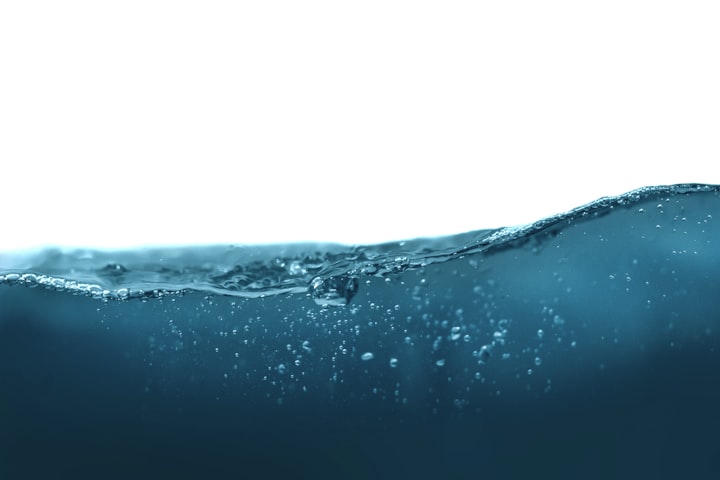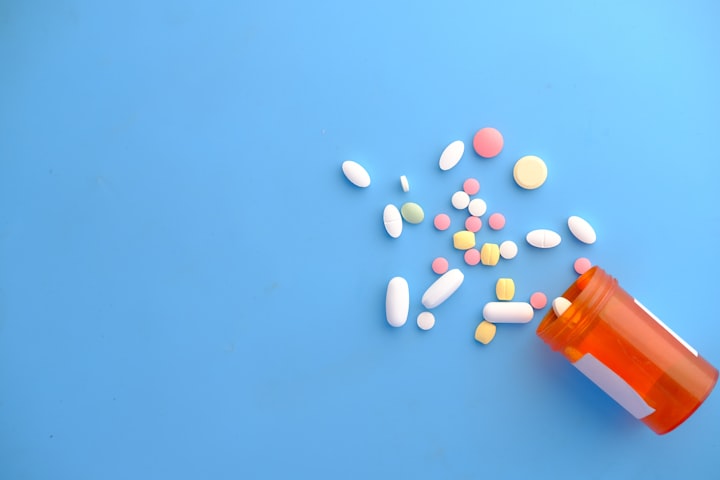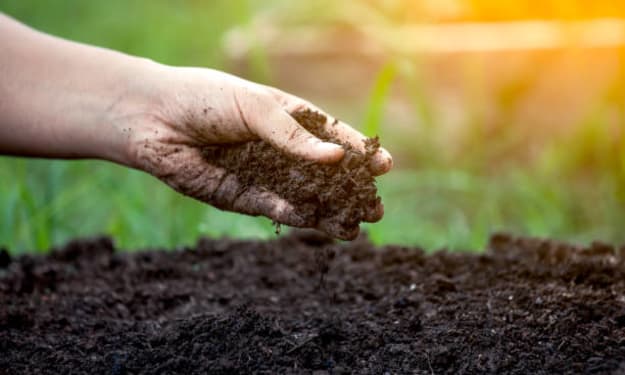Water for life
Water is life, treat it right

Water is essential for all forms of life and is one of the most important resources on our planet. Here are some of the reasons why water is so important:
Drinking and hydration: Water is essential for human survival. Our bodies are made up of about 60% water, and we need to drink water regularly to stay hydrated and maintain bodily functions.
Agriculture and food production: Water is critical for agriculture and food production. Irrigation systems rely on water to grow crops, and livestock need water to drink.
Industrial processes: Many industrial processes require water, such as manufacturing, mining, and energy production.
Transportation: Water is used for transportation, including shipping and recreational boating.
Recreation and tourism: Water is also an important resource for recreation and tourism, including activities such as swimming, fishing, and boating.
Ecosystems: Water is essential for healthy ecosystems, including wetlands, rivers, lakes, and oceans. These ecosystems provide habitat for wildlife and support biodiversity.
Overall, water is essential for human health and wellbeing, as well as for the functioning of the natural environment and economy. The availability and quality of water can also have significant social and economic impacts, particularly in regions where water resources are limited or unevenly distributed.
Harvesting water from any part of the world can be challenging, as water availability and quality vary widely depending on the location and local environmental conditions. However, there are several methods that can be used to collect and store water, even in arid or remote areas:
Rainwater harvesting: This involves collecting rainwater from roofs, gutters, and other surfaces and storing it in tanks or reservoirs for later use. This method is particularly effective in areas with seasonal rainfall.
Fog harvesting: In areas with low rainfall but high humidity, fog harvesting can be used to collect moisture from the air. This involves using special nets or mesh structures to capture water droplets from fog and condensation.
Groundwater recharge: In areas with shallow groundwater, rainwater can be used to recharge underground aquifers. This involves creating infiltration basins or pits that allow rainwater to percolate into the ground and replenish the aquifer.
Desalination: In coastal areas with saline water, desalination can be used to remove salt and other impurities from seawater or brackish water, making it safe for drinking and other uses.
Water conservation: Finally, it's important to conserve water wherever possible, by using efficient irrigation systems, reducing water waste, and recycling wastewater for non-potable uses such as irrigation or industrial processes.
Overall, the most effective approach to harvesting water will depend on the specific location and environmental conditions, as well as the needs and resources of the local community.
Get simple water gathering program here
Surviving in drought conditions with less water can be challenging, but there are several strategies that can help conserve water and ensure that you have enough to meet your basic needs. Here are some tips for surviving in droughts with less water:
Prioritize water usage: In a drought situation, it's important to prioritize your water usage. Drinking and cooking should take top priority, followed by personal hygiene and cleaning. Non-essential uses such as watering lawns or washing cars should be avoided.
Collect and store water: Collecting and storing rainwater is an effective way to ensure that you have a supply of water during a drought. You can use rain barrels or other collection systems to capture and store rainwater for later use.
Fix leaks: Even small leaks in pipes or faucets can waste a significant amount of water over time. Be sure to fix any leaks in your home or property to conserve water.
Use water-efficient appliances and fixtures: Installing water-efficient appliances and fixtures such as low-flow toilets, showerheads, and faucets can help conserve water and reduce your water usage.
Reuse water: Gray water from sources such as laundry, dishes, and bathing can be reused for non-potable purposes such as watering plants or flushing toilets. Be sure to use appropriate treatment and filtration methods to ensure that the water is safe to use.
Practice water conservation habits: Simple habits such as turning off the faucet while brushing your teeth or taking shorter showers can help conserve water and reduce your water usage.
Overall, surviving in a drought with less water requires careful planning, water conservation strategies, and a willingness to adapt to changing conditions. By taking proactive steps to conserve water and prioritize your usage, you can ensure that you have enough water to meet your basic needs and weather the drought.





Comments
Fairul Nizam is not accepting comments at the moment
Want to show your support? Send them a one-off tip.